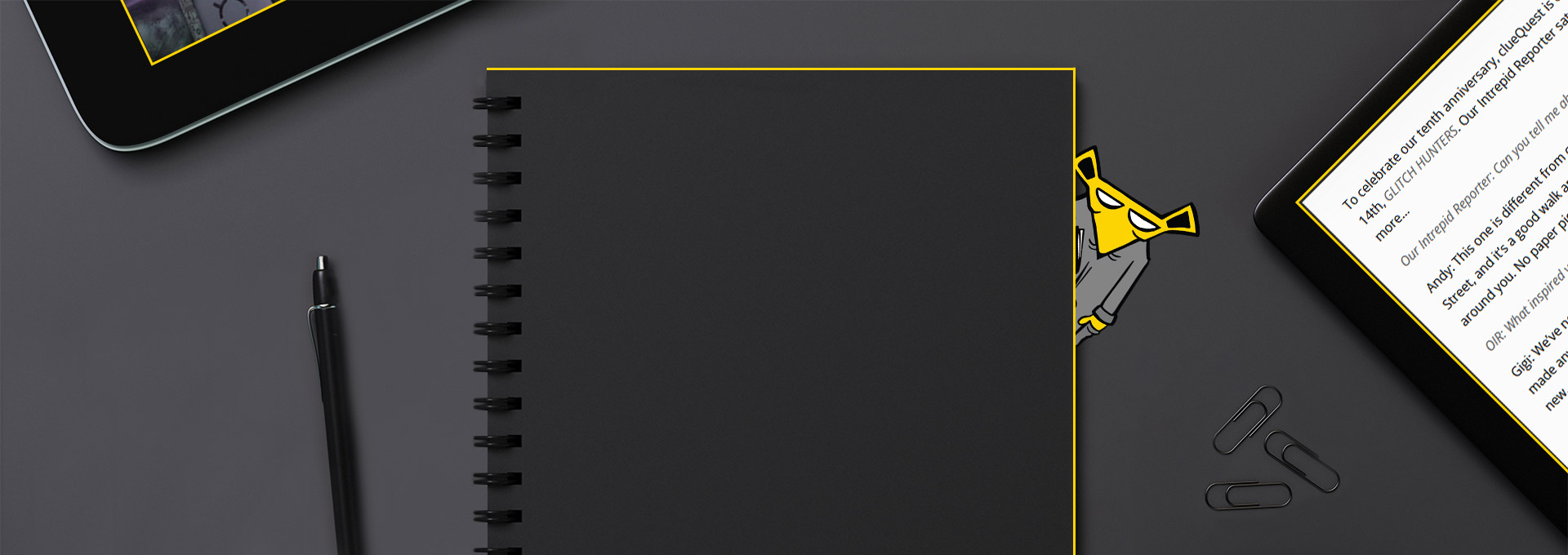Hi Lindsey! Welcome aboard. Can you tell us a little bit about how you came to work with clueQuest?
My path to clueQuest has been a synchronistic one, with a research partnership developing in January 2019. During the course of my MSc in Economic Psychology at the London School of Economics, I began to see an intersection between studying human behaviour and escape rooms. Previously, I had managed a top rated escape room in Southern California, so I knew escape rooms could be used for much more than leisure and entertainment. Specifically, I knew that escape rooms provided an opportunity to study behaviour in a unique way that could be applicable to workplace environment decision making and problem-solving. The idea excited me, so swept by momentum, I decided to use my previous management experience to develop a research partnership with clueQuest, who had already started putting their own programme in place, and pursue this research for my MSc dissertation at LSE. Little did I know how great the clueQuest team was and where I would be over six months later, working in the applied domain of my research.
Tell us about your role within the company.
I am the Programme Manager of the clueQuest Assessment Programme (CAP), a behavioural assessment for teams in the workplace for learning & development and recruitment. I am excited to help bring momentum to the CAP team!
Your research has been instrumental in developing the clueQuest Assessment Programme (CAP). How would you summarise your research aims and findings?
My research took a novel approach to focus on the effects of labour division and leadership on team efficiency. I attached miniature cameras on escape room participants to understand their problem-solving process within the game and how leadership, labour division, and communication contributed to it. I compared the performance of eight different teams over a series of tasks. My findings show that: leadership and labour division are necessary for high team performance; leadership always prompts labour division; communication and listening are integral for success; and teams essentially work better when everyone is on the same page. They also indicate that managerial leaders hold more successful teams than authoritative ones.
We know every team is different, but based on your research, if you could only dispense one piece of advice to a prospective high-performing team (both at clueQuest and at work), what would it be?
I think one of the biggest and easiest things is that all members of the team understand what is happening in the room, and show other teammates either verbally or through action that they do. This way, individuals don’t repeat or skip integral steps in the tasks. This can be done through simple listening to others, and is done best when someone takes charge in a managerial leader fashion by listening, explaining briefly, and implementing tasks with the other teammates.
What excites you most about helping teams improve their group dynamics?
I think so much of the modern workplace is a toxic environment and a large contributor to many physical and mental health problems people face, and there is so much room for improvement. With the majority of our adult lives spent at work, I think it is an important area in which to implement novel ideas and change. By improving our group dynamics, we can change the workplace - and ultimately the world - for the better!

